Stamped Concrete Installation Timing
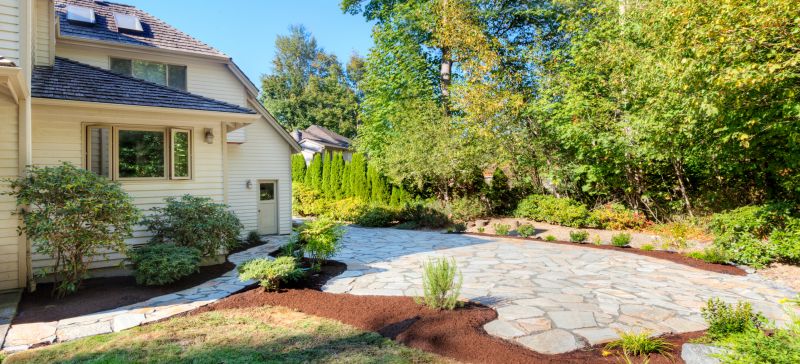
Spring offers mild temperatures ideal for stamped concrete, ensuring proper curing and durability.
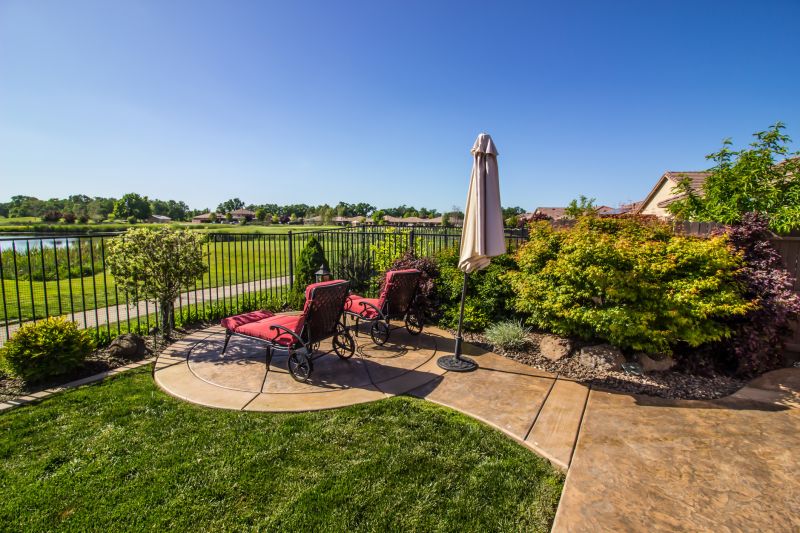
Early summer can be suitable, but high temperatures and humidity may affect curing processes.
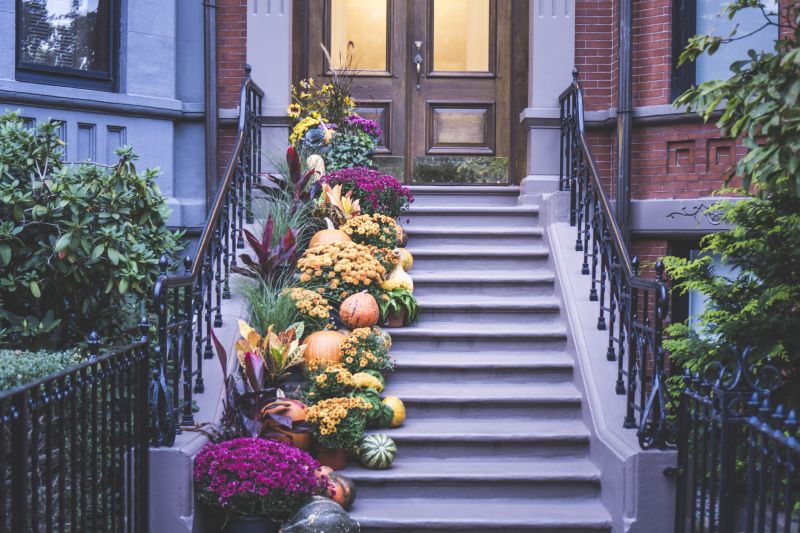
Fall provides cooler weather and less rain, making it an optimal season for stamped concrete projects.
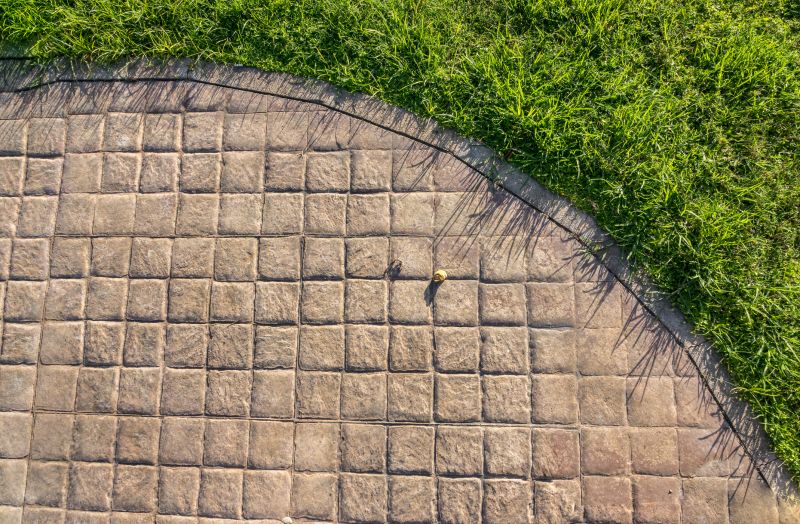
Ways to make Stamped Concrete Service work in tight or awkward layouts.
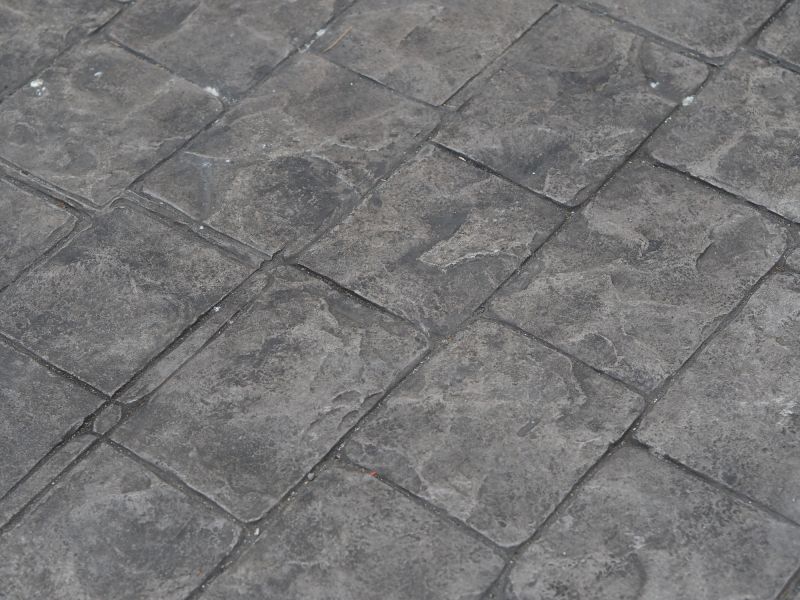
Popular materials for Stamped Concrete Service and why they hold up over time.
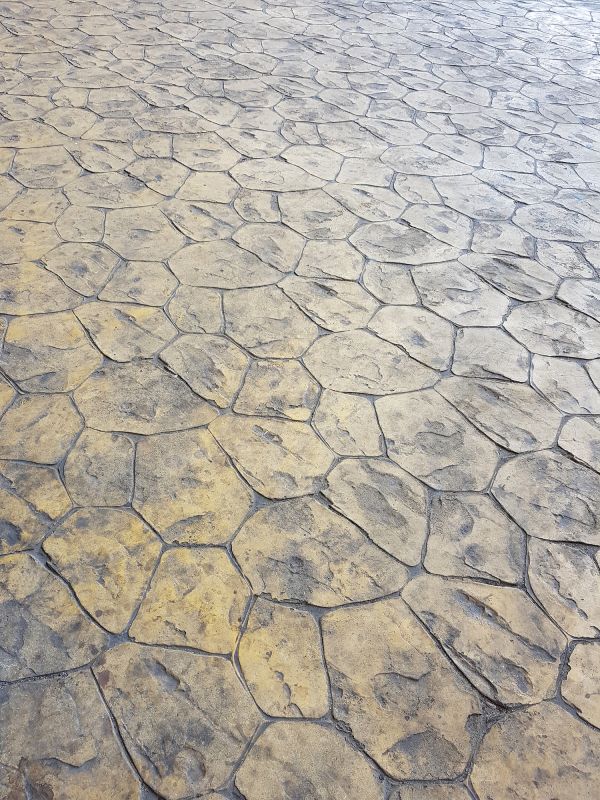
Simple add-ons that improve Stamped Concrete Service without blowing the budget.
Stamped concrete service involves imprinting patterns and textures onto freshly poured concrete to mimic materials such as brick, stone, or tile. This technique enhances the aesthetic appeal of driveways, patios, and walkways. Proper timing and weather conditions are crucial for achieving optimal results. The best time for stamped concrete installation typically aligns with mild weather conditions, avoiding extreme cold or heat that can compromise curing and adhesion.
Statistics indicate that spring and fall are preferred seasons for stamped concrete projects, with over 70% of installations occurring during these periods. Temperature ranges between 50°F and 85°F are ideal for concrete curing, reducing the risk of cracks or uneven textures. Proper planning around seasonal weather patterns can extend the lifespan and visual appeal of stamped concrete surfaces.
Avoid installation during freezing temperatures or heavy rain to ensure proper curing and pattern imprinting.
Scheduling during mild weather allows sufficient time for surface curing and finishing.
Concrete performs best when ambient temperatures are stable, preventing cracking and surface defects.
Timing stamped concrete services correctly enhances durability and reduces maintenance needs.
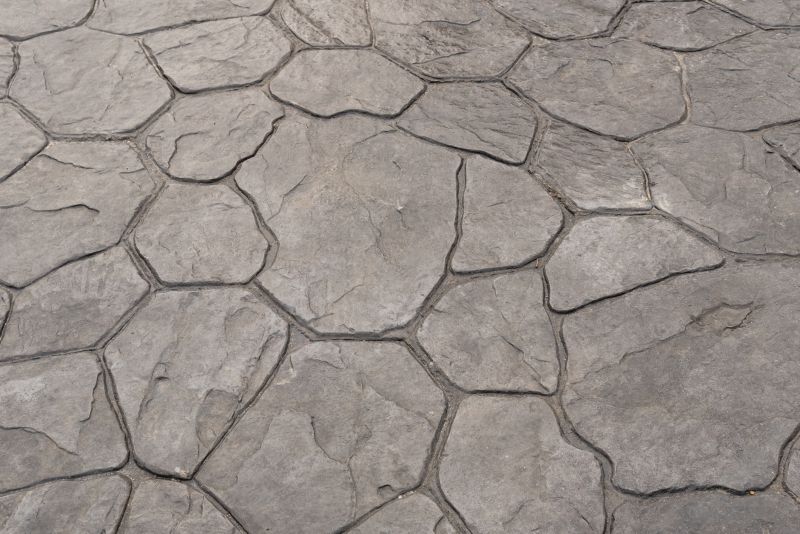
Close-up of decorative pattern on a driveway.
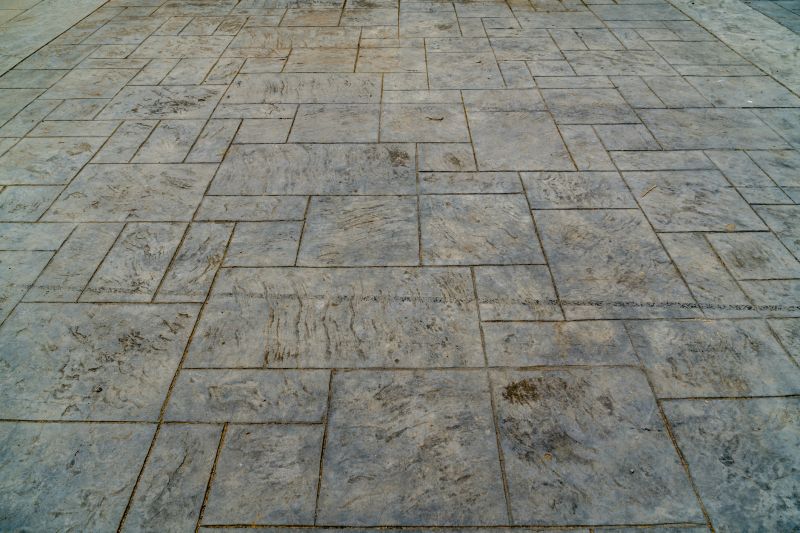
Enhanced aesthetic with vibrant coloring techniques.
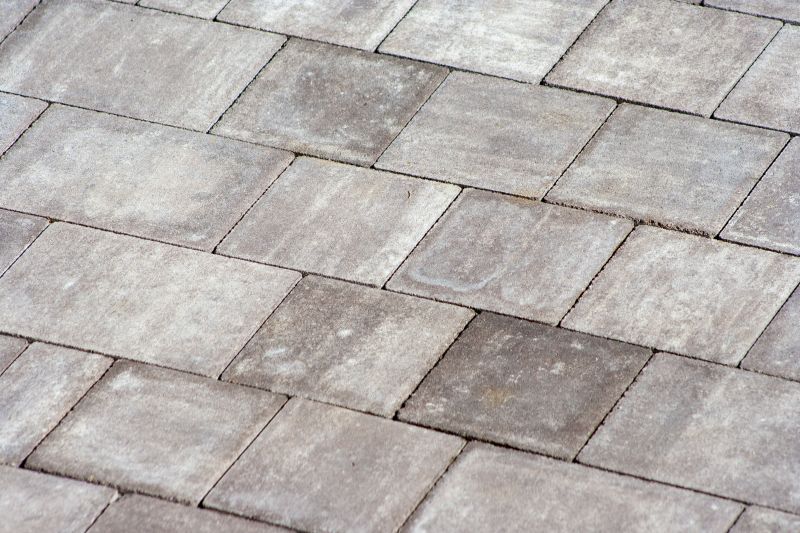
Outdoor space featuring stamped concrete with natural stone appearance.
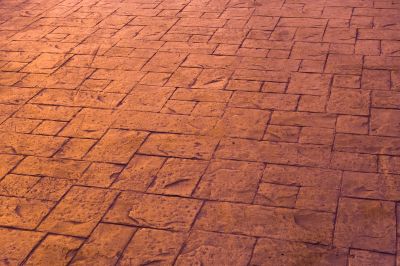
Stamped concrete with intricate pattern for curb appeal.
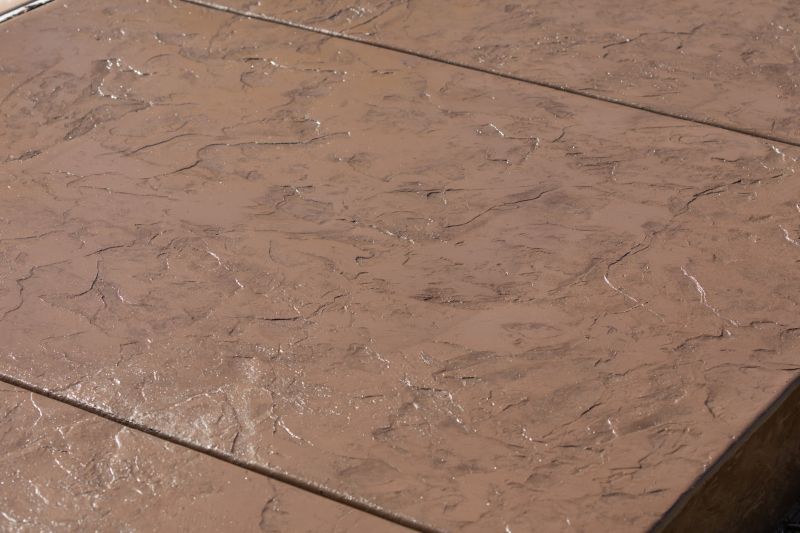
High-end options that actually feel worth it for Stamped Concrete Service.
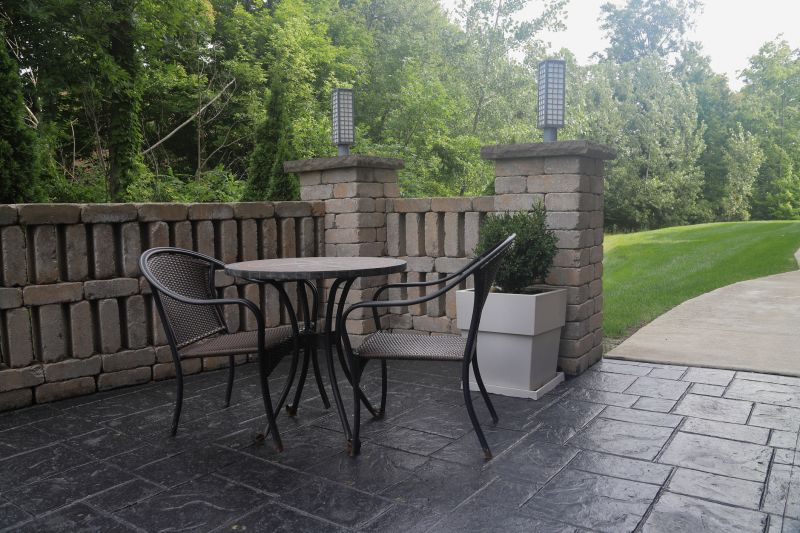
Finishes and colors that play nicely with Stamped Concrete Service.
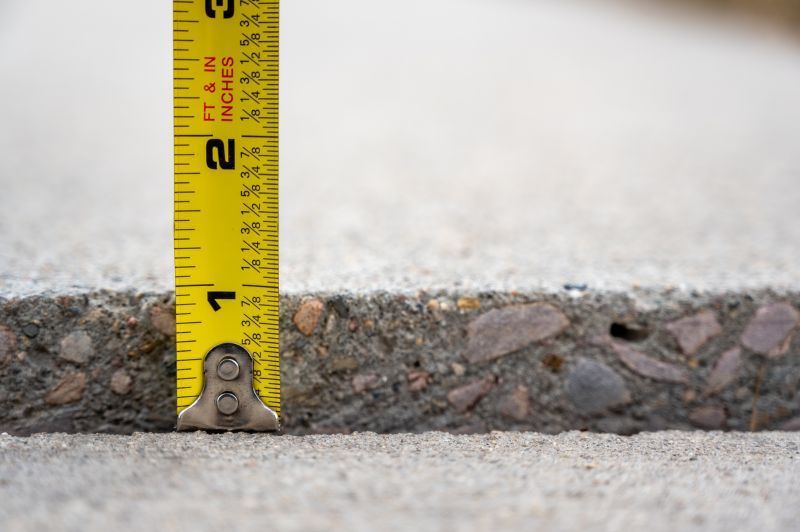
Little measurements that prevent headaches on Stamped Concrete Service day.
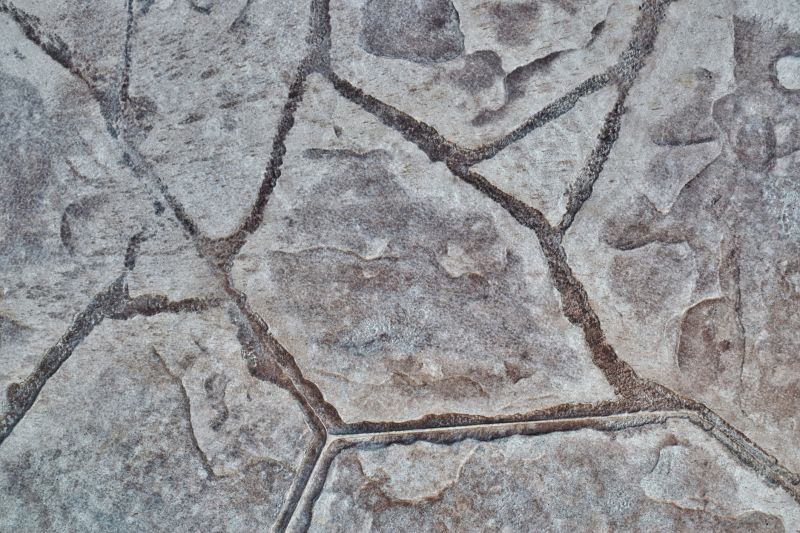
A 60-second routine that keeps Stamped Concrete Service looking new.
| Season | Ideal Conditions |
|---|---|
| Spring | Mild temperatures, low humidity, minimal rain |
| Summer | Early morning or late evening installation recommended |
| Fall | Cooler weather, dry conditions |
| Winter | Not recommended due to freezing temperatures |
| Late Spring | Optimal for curing and pattern imprinting |
| Early Fall | Suitable for outdoor projects |
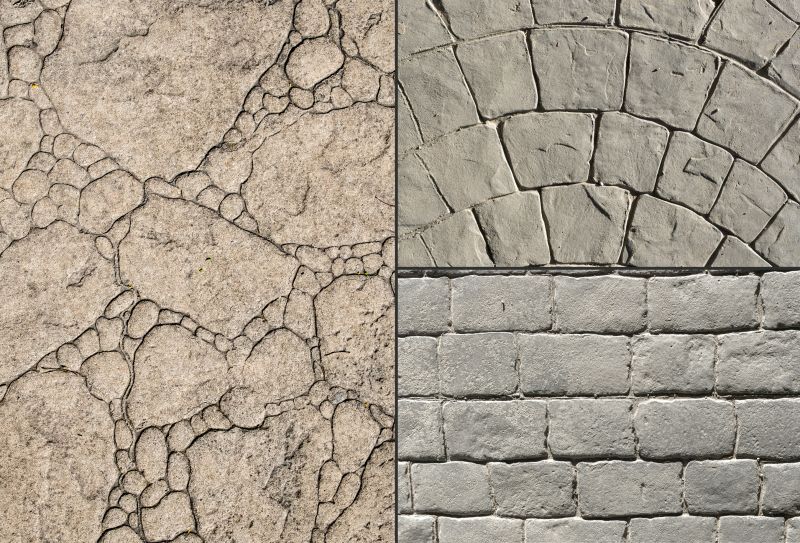
Patterned surface with decorative texture.
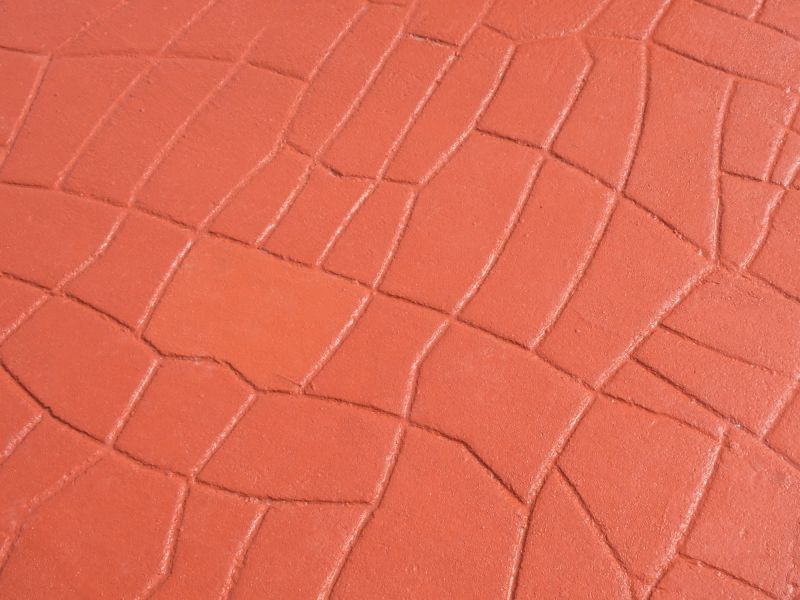
Vibrant coloring applied to stamped surface.
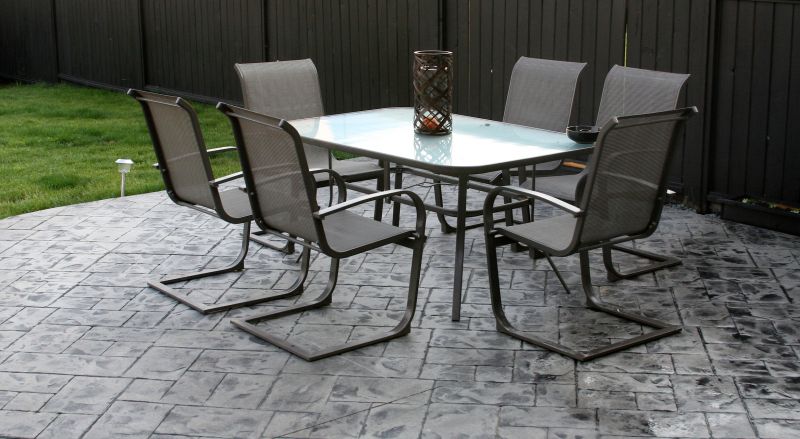
Stamped concrete used for outdoor entertainment areas.
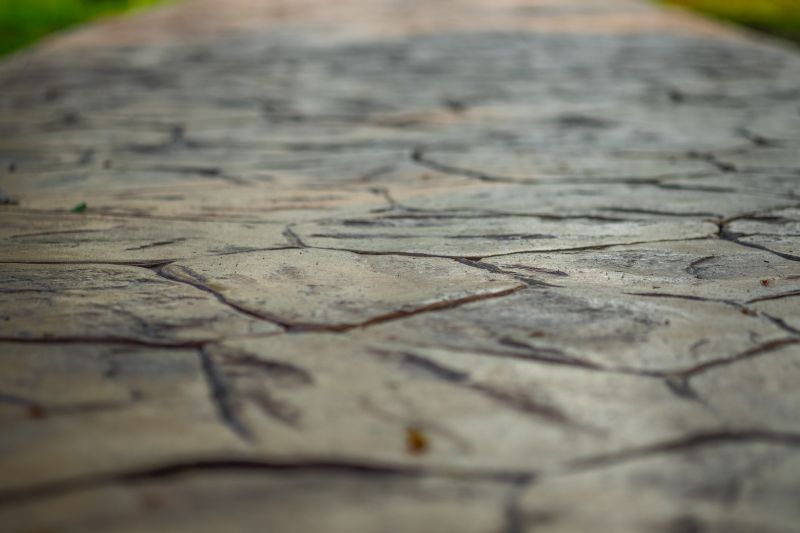
Patterned walkway improving curb appeal.
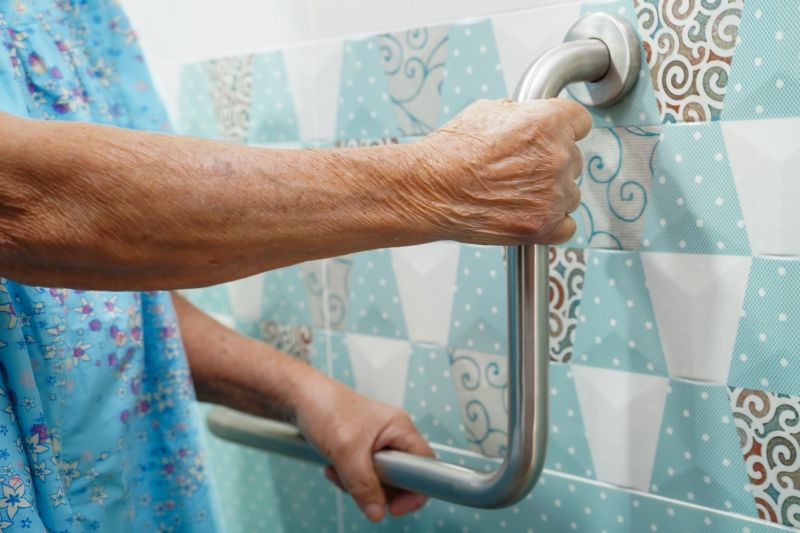
Small tweaks to make Stamped Concrete Service safer and easier to use.
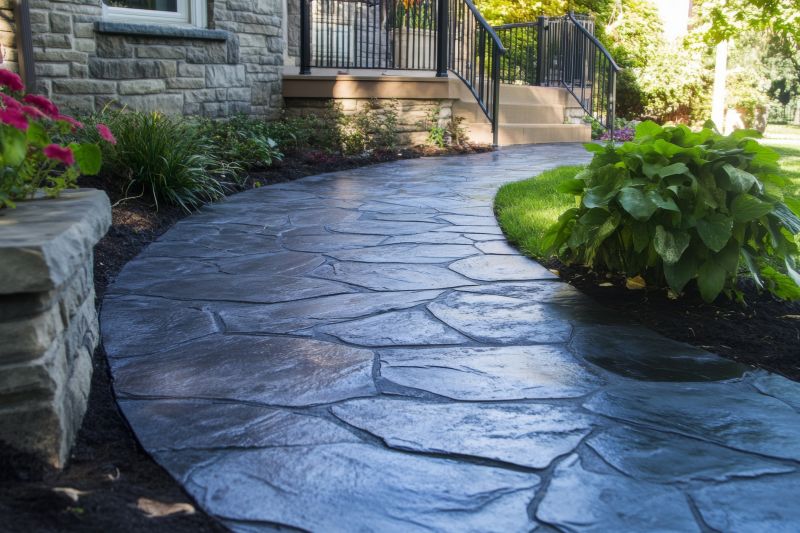
Lower-waste or water-saving choices for Stamped Concrete Service.
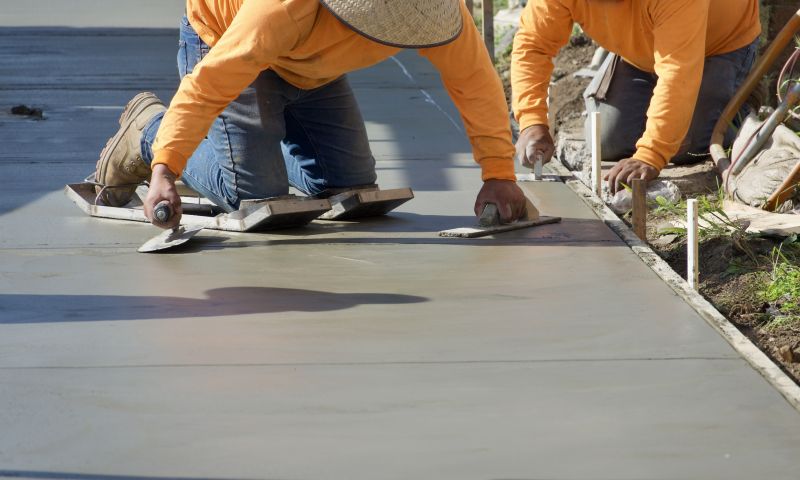
The short, realistic tool list for quality Stamped Concrete Service.
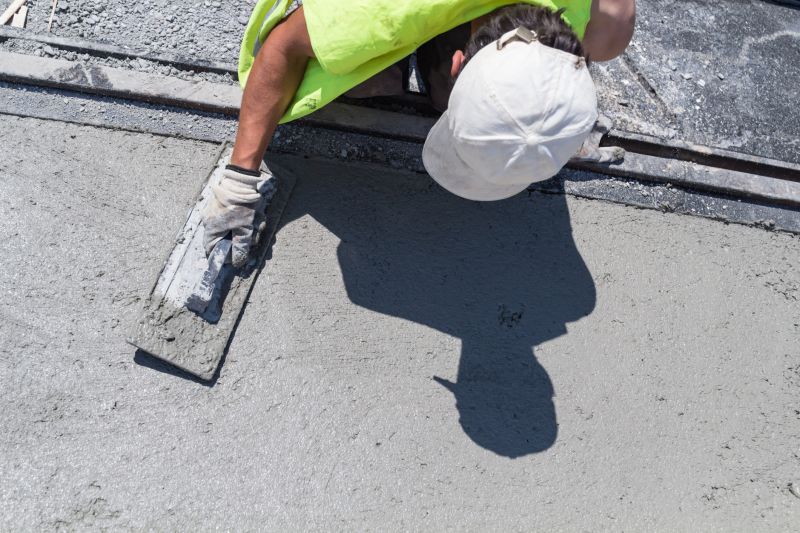
Rough timing from prep to clean-up for Stamped Concrete Service.
Choosing the right season for stamped concrete service can influence the longevity and appearance of the finished surface. Proper weather conditions facilitate optimal curing, pattern imprinting, and color setting. Scheduling during periods with moderate temperatures and low precipitation ensures the best results, reducing the likelihood of surface defects and cracking.
Interested parties are encouraged to contact for further details or to schedule a consultation. Proper timing can significantly impact the durability and aesthetic quality of stamped concrete surfaces, making expert planning essential for successful projects.
